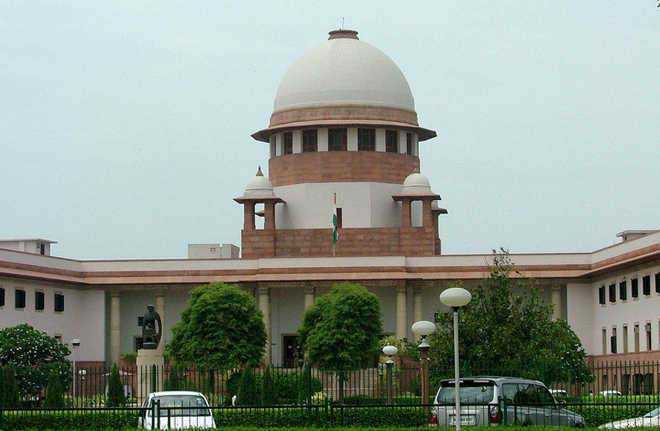
The Supreme Court’s tone on Tuesday while directing the Centre for a special law and courts to tackle mob lynching was decidedly sterner than when it had last taken up the matter nine months back. The court had reasons to be firm. Incidents of lynching of cow traders have now morphed into mob madness being reported from places as far apart as Tamil Nadu and Assam where alleged kidnappers have been lynched on suspicion of trying to lure children. The court declined to parse the incidents through the microcosm of faith, caste or gender in order to restrict itself to the basic issue at stake: of “instilling a sense of fear for law among people who involve themselves in such kinds of activities”.
However, two of the Supreme Court’s observations make it clear where the burden of responsibility lay. It described lynching as a result of “a fabricated identity with bigoted approach sans acceptance of plurality” which led to a “display of reactionary retributive attitude transforming itself into dehumanisation of human beings”. In other words, the court was telling the political executive in the states and at the Centre in no uncertain terms that they were blindsided in their basic obligation towards the people.
Instances of lynching on suspicion of child kidnapping currently occupy centre stage but the roots of the current case lie in cow lynching cases. And the Supreme Court’s accent on the need to preserve India’s “quintessentially secular ethos and pluralistic social fabric” provides a clear indication about its concerns regarding lynch mobs that murdered a Pehlu Khan and then provided the impression of enjoying covert political impunity. The Supreme Court has put the ball firmly in the court of the politicians. Its aim is to evoke an effective response from the law enforcement wing to shake the confidence of perpetrators about getting away with a lynching. But the state’s job this time does not end at law making. The Supreme Court has also outlined the contours of a judiciary-monitored compliance system which should be a litmus test of the politicians’ ability to rise above ethnic and faith-based limitations.























